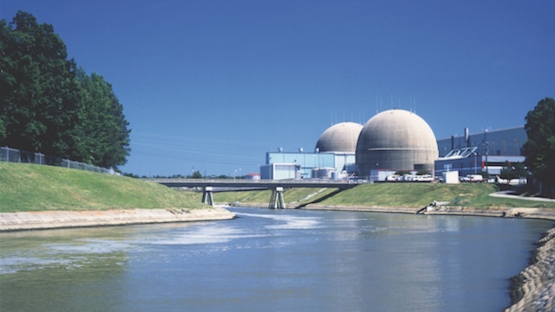The last couple of decades have witnessed increased interest in the extension of the operating life of nuclear power plants. Extending the life of a plant is more economical than building a new one, and where it makes business sense, many plant operators in the United States are seeking licence renewals. This helps avoid supply shortages and support the country in reducing carbon emissions.
“It is very important for us as a world community to care how electricity is produced,” said Maria Korsnick, President and Chief Executive Officer of the Nuclear Energy Institute. “You can produce electricity of an intermittent nature, like wind and solar, but you are going to also need 24/7 baseload energy supply that is kind to the environment, and nuclear is just that.”
The US Nuclear Regulatory Commission (NRC) issues licences for nuclear power plants to operate for up to 40 years and allows licences to be renewed for up to 20 years with every renewal application, as long as operators prove that the effects of ageing on certain plant structures and components will be adequately managed.
About 90 percent of US plants have already renewed their licences once, extending their operation to 60 years. But most of these will soon reach the end of their 60-year term. If they cease to operate or are not replaced by new plants, the percentage of energy generated from nuclear will drop. A subsequent renewal extends a plant’s operation from 60 to 80 years.
Nuclear provides 20 percent of the United States’ electricity supply and more than 60 percent of the country’s CO2 emissions-free generation. Electricity demand is expected to rise by more than 30 percent by 2035.
To obtain licence renewal, a plant must provide the NRC with an assessment of the technical aspects of plant ageing and show how any issues will be managed safely. This includes review of system metals, welds and piping, concrete, electrical cables and reactor pressure vessels. It must also evaluate potential impact on the environment, assuming the plant will operate for another 20 years. The NRC verifies evaluations through inspection and audits, and its reviews of licence renewal applications can last anywhere between 22 and 30 months.
“In the very beginning, an NRC review took years to complete,” Korsnick said. “Now that the process is better understood, we are just under two years. For subsequent licence renewal, we will probably get the process down to 18 months.”
While there have not been any subsequent licence renewals yet, three plants have already expressed their intent to submit an application for such renewal.
“If a subsequent renewal is granted and plants are allowed to operate for 80 years, NRC could see increased interest by other utilities,” said Allen Hiser, Senior Technical Advisor for Licence Renewal Ageing Management at NRC. “NRC experienced a similar trend when the original licence renewals were granted back in 2000.”
If a subsequent renewal is granted and plants are allowed to operate for 80 years, NRC could see increased interest by other utilities.




